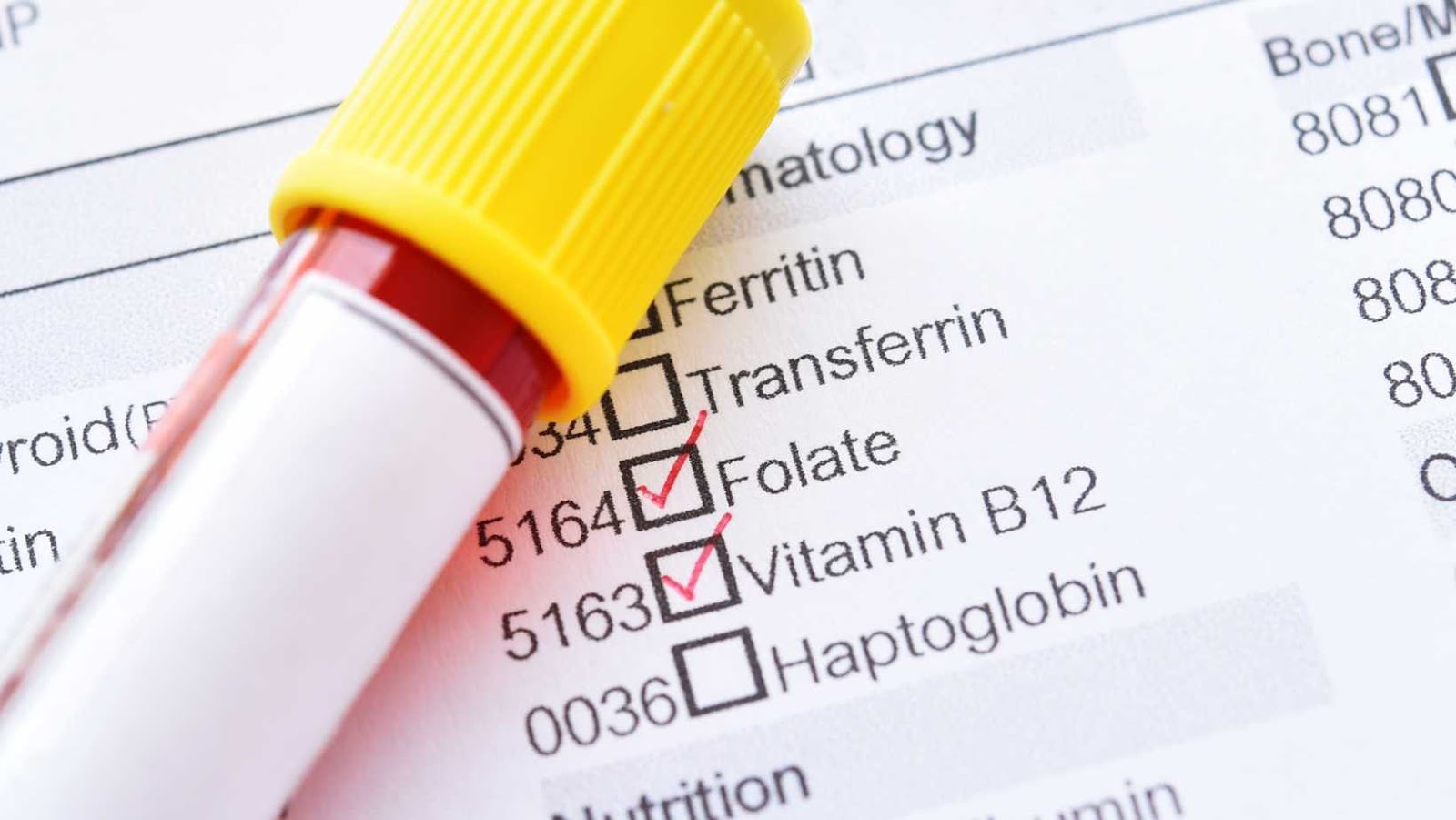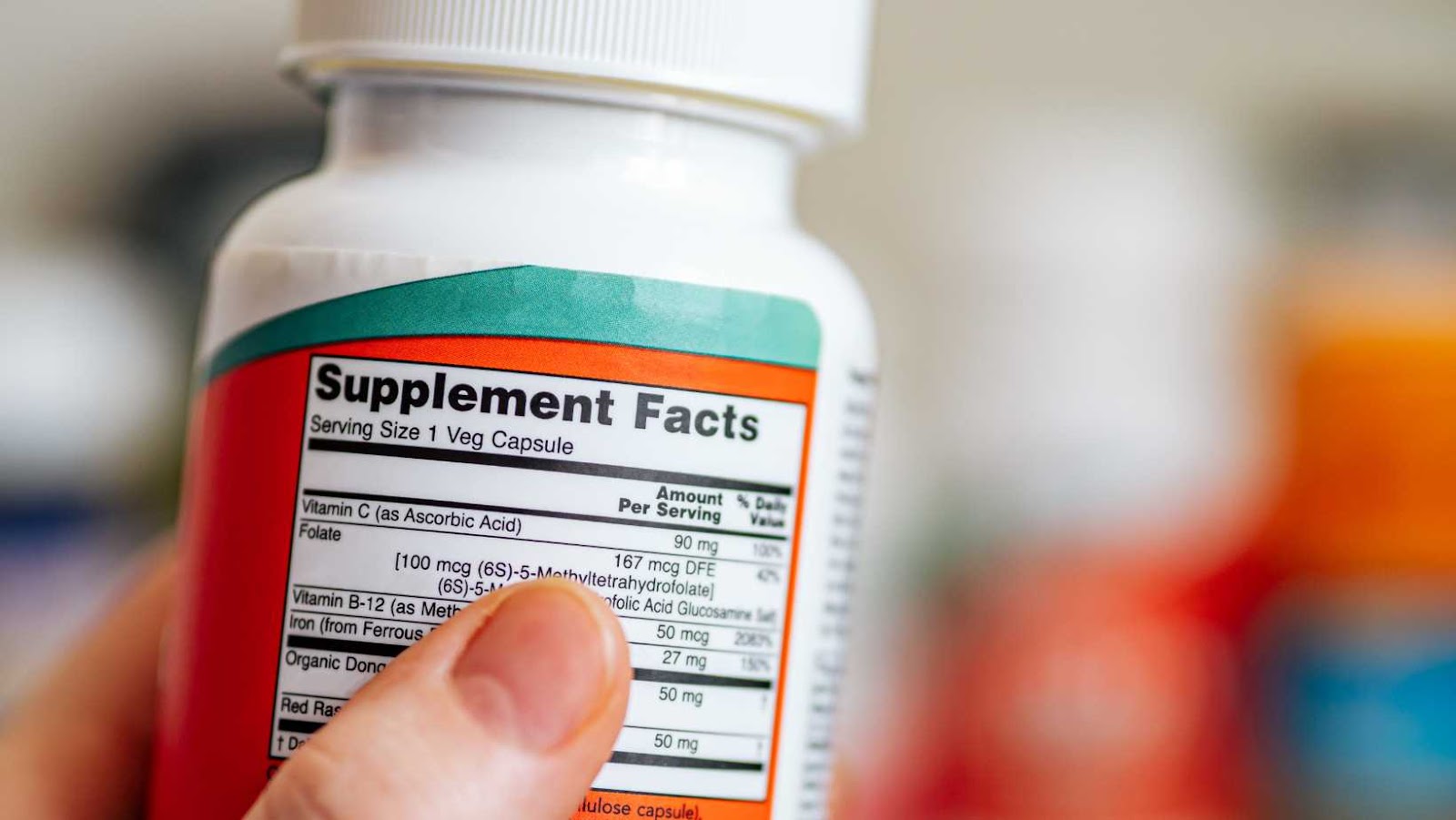Are you concerned about the potential interactions between folate and other medications or vitamins? Learn how high folate levels can impact your health and what to do to maintain a healthy balance. You deserve to know the truth about how your body might react to increased levels of folate.
What Does High Folate Mean?
Folate is a B-vitamin that is crucial for healthy red blood cell production, growth, and proper brain function. High folate levels can indicate vitamin supplementation, diet, or be a result of a medical condition such as liver disease, which impairs the body’s ability to process and excrete excess folate. If you are taking certain medications such as anti-epileptic drugs, methotrexate, or birth control pills, it may interact with folate absorption, leading to high or low folate levels. Additionally, excessive levels of folate may mask other underlying medical conditions, such as a vitamin B12 deficiency, which can lead to permanent neurological damage if left untreated.
If you suspect that you have high folate levels, consult with your healthcare provider for proper testing and diagnosis to avoid any potential complications.
Benefits of Folate
Folate, also known as vitamin B9, has numerous health benefits such as improving brain function, preventing birth defects, and reducing the risk of certain cancers. It is an essential nutrient that the body needs for cell growth and repair. However, taking high doses of folic acid supplements can interfere with certain medications and medical conditions.
Here are the interactions to be aware of when taking folic acid supplements:
| Medications | Medical Conditions |
| Folic acid can interact with certain medications used to treat seizures, cancer, and autoimmune disorders. It can also decrease the effectiveness of methotrexate, a medication used to treat psoriasis, rheumatoid arthritis, and certain types of cancer. | Taking high doses of folic acid can mask the symptoms of vitamin B12 deficiency, which can lead to nerve damage if left untreated. High folate levels can also indicate a vitamin B12 deficiency, liver disease, or anemia. Therefore, it’s essential to speak with your doctor before taking any folic acid supplements. |
Pro tip: To get enough folate, consume a balanced diet that includes leafy greens, beans, fortified grains, and citrus fruits.
Possible Interactions With Folate
Folate is an essential vitamin that is important for many bodily functions. While folate is generally safe and well-tolerated, there are some possible interactions to be aware of.
Folate can interact with certain medications such as methotrexate, a drug used to treat cancer and autoimmune diseases. High doses of folate can interfere with the effectiveness of methotrexate and increase the risk of side effects. It is also important to note that high levels of folate in the body can mask a vitamin B12 deficiency, as the symptoms of both conditions are similar.
If you are taking any medications or have a pre-existing medical condition, it is important to talk to your doctor before adding a folate supplement to your routine. Additionally, consuming high doses of folate through supplements or fortified foods without medical supervision should be avoided.
Potential Side Effects of High Folate Intake
Folate is a B vitamin that is essential for many bodily functions, including DNA synthesis and repair, red blood cell production, and brain function. However, consuming high levels of folate can lead to potential side effects and interactions. High folate intake may cause gastrointestinal issues such as nausea, bloating, and gas. In some cases, it can mask vitamin B12 deficiency, which can lead to irreversible nerve damage if left untreated.
Additionally, taking high doses of folic acid or consuming foods fortified with folic acid may interact with certain medications, such as those used to treat epilepsy and cancer.
It’s always best to consult with your healthcare provider before taking any supplements or increasing your dietary intake of folate to avoid any potential risks or interactions.
| Pro tip: | If you’re taking a daily multivitamin that contains folic acid, check the label and make sure it’s not exceeding the recommended daily intake of 400 mcg for adults. |
How to Get Enough Folate Without Going Overboard
Folate is an essential nutrient required for many bodily functions, including DNA synthesis and repair, cell division, and the formation of red blood cells. However, excessive intake of folate can lead to potential health risks, and it is crucial to understand the interactions and effects of high folate intake.
High folate levels in the body can mask a vitamin B12 deficiency, causing the symptoms to go unnoticed, which can lead to nerve damage in the long run. This can be particularly risky for people on a vegan or vegetarian diet, as they may already have lower levels of vitamin B12. High doses of folic acid supplements are also known to interact with certain prescription medications and can increase the risk of kidney damage, neurological damage, and cognitive decline in elderly patients. That said, it is still important to include folate-rich foods in your diet, such as leafy greens, whole grains, beans, and citrus fruits. Pro tip: Speak to your healthcare provider about the best way to get enough folate without going overboard.
When to Seek Medical Advice For Folate Interactions
Folate is an essential vitamin that plays an important role in many bodily functions. Although there are several benefits of consuming folate-rich foods or supplements, excess of it can lead to several adverse health effects, particularly if you are taking medication or having certain health conditions.
Here’s when you should seek medical advice for folate interactions:
| If you’re taking medications such as anti-epileptic drugs, antibiotics, or chemotherapy drugs, it’s recommended to consult with a healthcare provider before taking folate supplements, as it may interfere with the absorption and effectiveness of these medications. |
| If you have a history of kidney disease or are currently undergoing dialysis treatment, high levels of folate in the blood may lead to complications and require medical attention. |
| Pregnant women should also speak to their healthcare provider about the recommended dosage of folate as too little or too much can be harmful to the fetus. |
Monitoring your folate intake and consulting with your healthcare provider if you experience any adverse effects is an important step to ensure optimal health.

Summary
Folate is an essential nutrient that plays a significant role in many bodily functions, including DNA synthesis, cell growth, and development. High levels of folate in your blood can be an indicator of several underlying medical conditions, such as vitamin B12 deficiency, liver disease, and cancer. Ingesting high doses of folic acid supplements may lead to an increased risk of certain health issues, such as prostate and breast cancer, cognitive decline, and exacerbation of B12 deficiency symptoms.
Therefore, it’s essential to speak to your doctor or a qualified healthcare professional before taking folate supplements or making significant dietary changes to avoid any potential complications.
Resources For Further Information
Folate is an essential vitamin that plays a crucial role in many bodily functions, including DNA synthesis, red blood cell production, and nerve function. While high folate levels in the blood are generally considered safe, there are some interactions and precautions to be aware of.
Here are some resources for further information:
| – Consult with your healthcare provider if you are pregnant or have a history of kidney problems, as high folate levels may be harmful in these situations. |
| – Be cautious when taking certain medications, such as methotrexate or phenytoin, which can interfere with folate absorption and metabolism. |
| – For more detailed information and recommendations, check the websites of the National Institutes of Health or the Centers for Disease Control and Prevention. Pro Tip: When in doubt, consult with a healthcare professional to ensure you are getting the right amount of folate for your individual needs. |
